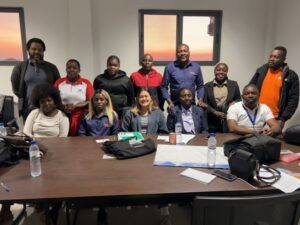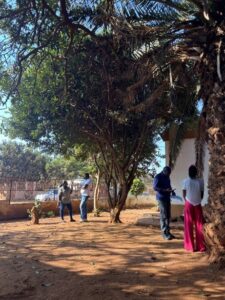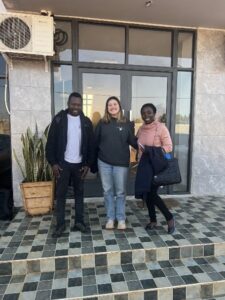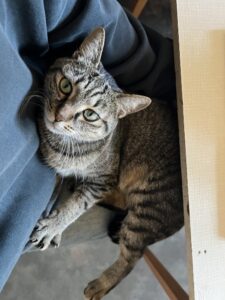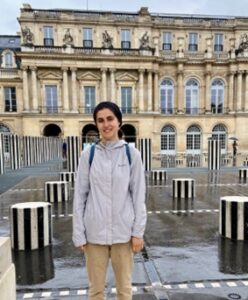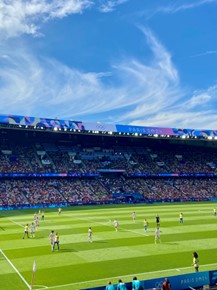Now that my time in the Philippines has ended, it is difficult to concisely put my experience into words. Maybe in six months, I’ll be able to write holistically about it, but I’ll give it a go. I am so thankful for this experience and all the people I met while working at Ugat. Their approach to improving health in their community is so attuned to what people need and full of compassion, which are two of the most important qualities of successful public health work. I saw firsthand the success of the sexual health education classes, where students went from believing that jumping up and down after sex would prevent pregnancy to knowing where to access free condoms in their community. I was deeply inspired by everyone on the Youth Team and bouncing ideas off each other was one of my happiest memories there.
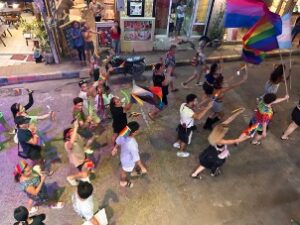
I was also struck by the beauty of Palawan. On the island, you can find one of the seven natural wonders of the world, an underground river that runs through a cave. You could see for miles in the clear, light blue water and witness some of the most amazing sunsets in the world. But while experiences like swimming with whale sharks will be awe-inspiring forever, it’s the intangible moments of beauty that I will really miss. I miss passing the same people every morning and saying hello to them, hailing the correct multicab to go to the mall, thrifting at the spot across the street from Ugat, singing in the office while making my PowerPoints, etc., because it was in those moments that Puerto became familiar.
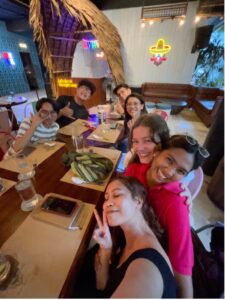
On the first night of my stay in the Philippines, I woke up around 3 a.m. to the sound of heavy rain on the roofs around my apartment and loud singing coming from down the street. The singing helped calm my nerves and eventually lulled me back to sleep. I thought the singing was part of the Baragatan Festival that had just kicked off or some sort of party from one of my neighbors. But as I was adjusting to the 12-hour time difference, I would frequently wake up in the middle of the night and would regularly hear that loud singing. Around my second to last week, I finally found the man who had been singing karaoke the whole summer. It was a man who owned a shop down the street from my apartment, whom I had said good morning to on most mornings. During my final week, I heard a new voice singing, and as I peeked into the shop to see who the new voice belonged to, my neighbor popped out and invited me in to sing a round with them. This was around the time of my trip when the reality that I was leaving had started to sink in, and I couldn’t believe my luck that the man who had helped ease me into my new life was also the man helping me remember all the beautiful things about Puerto while easing me back to the U.S.
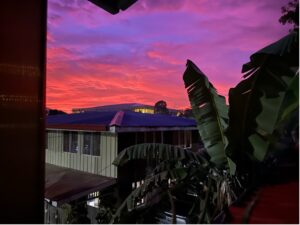
~ Dana

